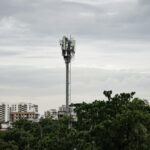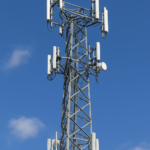Negotiating a cell tower contract can be daunting, especially for those not familiar with the industry. There are numerous nuances and considerations that may go overlooked without industry knowledge. Despite this, some property owners attempt negotiations themselves, underestimating the complexities involved. However, rather than navigating legal documents and negotiations alone, it’s advisable to seek expert assistance. Professionals with experience in negotiating financials and understanding the provisions commonly included in tower company contracts can provide invaluable guidance and ensure a smoother, more favorable negotiation process.
When negotiating a cell tower contract, it’s crucial to identify the carrier or carriers on the tower. If the tower is already in place, this information can usually be obtained easily. You can check electrical meters, look for company logos within the leased compound, or simply ask the tower company directly. If these methods fail, there are specialized companies that can visit the tower site to identify which carriers are using it.
The next crucial factor in negotiating a cell tower contract is the remaining lease term. For new leases, aiming for 25-30 years is standard. Knowing how much time is left on your lease is essential for negotiations; having less than 10 years remaining gives you significant leverage. The closer to expiration, the stronger your position. Waiting it out can be advantageous, as tower companies threaten costly alternatives that may not make sense. The tower companies can’t relocate every site that’s nearing final lease expiration. The tower companies typically need to give something for the carriers to move. They may pay for the equipment relo and/or give them free rent for a certain duration of time. Ultimately, it’s a lot of coordination from a project management perspective that makes it very unlikely.
Once you’ve identified the carriers on your tower and the remaining term on your agreement, you have a starting point for negotiation. Ideally, having insight into what the tower company charges its tenants would greatly impact negotiations. Revenue share leases may provide access to this data, but most property owners lack such information, making a negotiation challenging without assistance. Generally, the big three carriers pay between $1,000 to $10,000 per month, with higher rents existing in select locations, often where zoning is difficult or long-term tenants are present. New carriers typically pay $1,000 to $2,500 per month. Drawing on industry experience, I can estimate what carriers are paying based on portfolio knowledge and tenant count, helping gauge the tower company’s revenue.
Knowing the zoning regulations for your tower location is vital. It helps you counter any alternatives the tower company might propose. Zoning can vary greatly by state, with some states allowing easy tower zoning while others may take 2-4 years from start to construction. Having this information on hand can greatly benefit you in negotiations.
Competitive assets near your tower can significantly impact negotiations. For instance, if negotiating with SBA Communications and they have another tower nearby, it may limit your leverage. They could potentially relocate tenants to that tower if needed. While carriers prefer not to move, they may relocate with tower companies if financials are proven to be too high in lease negotiations and there’s a threat of tower loss. However, if the mount height and elevation of their equipment is lower on the nearby tower, it might force the tower companies’ hand to work with the property owner.
Negotiating with a tower company is like playing a chess game. Their aim is to offer you the least rent or signing bonus possible, so it’s crucial not to get emotional and to be prepared for a potentially lengthy process to reach your desired deal. If you’re far apart in negotiations, consider finding an excuse to pause discussions to avoid being worn down. When within two years of lease expiration, you hold significant leverage. Expect negotiations to last between 3 to 12 months, or longer for tougher negotiations.
In negotiating with tower companies, this guide can be a valuable tool for property owners. However, complexities can arise, highlighting the importance of having an expert advisor. I specialize in understanding the tower companies’ financials and their site profitability, which is an enormous advantage in lease negotiations. As tower company revenues tighten, high-rent ground leases can become relocation targets if it benefits their financial models. Working with JP Tower Consulting ensures ongoing support and guidance post-deal to protect your investment’s value. My experience in the tower industry enables me to anticipate and address tower companies’ strategies effectively, making this insight invaluable in navigating the evolving landscape of the industry.












